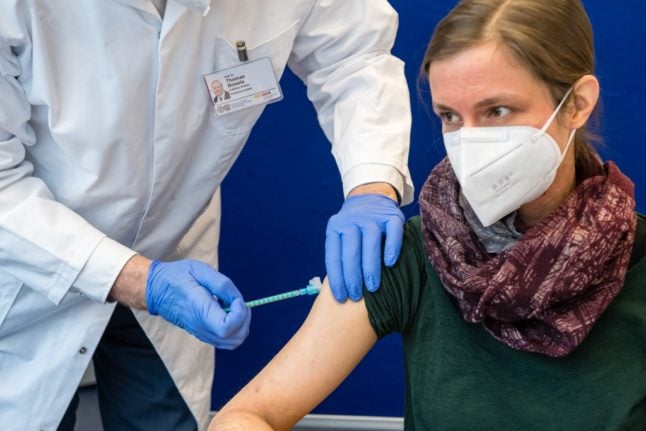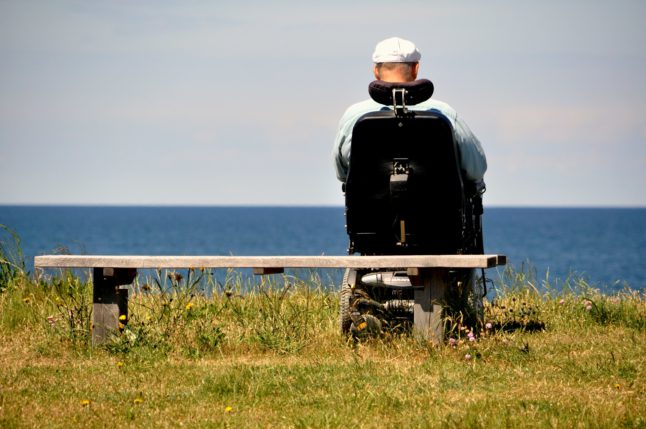Austrian Chancellor Sebastian Kurz suggested Friday that some members of the European Union may have signed “secret contracts” with vaccine companies to receive more doses than they were entitled to as per EU-wide agreements.
Kurz and his four counterparts on Friday sent a letter to Ursula Von der Leyen, president of the European Commission, and Charles Michel, president of the European Council, claiming that “deliveries of vaccine doses by pharma companies to individual EU member states are not being implemented on an equal
basis.”
“If this system were to carry on, it would continue creating and exacerbating huge disparities among member states by this summer, whereby some would be able to reach herd immunity in a few weeks while others would lag far behind,” the letter said.

“We therefore call on you… to hold a discussion on this important matter among leaders as soon as possible,” it said.
Kurz on Friday described “bazaars” where some member states made additional agreements with vaccine companies, but an EU spokesman said that it was up to members states to “ask less or more of a given vaccine.”
The Austrian health ministry also dismissed Kurz’s claims, reiterating the EU’s statement that each member state was allowed to say how many doses of the various vaccines it wanted to procure.
“These were very balanced and transparent negotiations,” Ines Stilling, general secretary of the Austrian health ministry, said in an interview with the public broadcaster Saturday.
The European Union has blamed its sluggish vaccine rollout on supply and delivery problems and continues to lag behind the United States, Israel and the United Kingdom in terms of the percentage of the population that has already received at least one dose.
READ ALSO: France will not halt use of AstraZeneca vaccine, says health minister
The Anglo-Swedish pharmaceutical giant AstraZeneca announced a new shortfall in planned vaccine shipments to the European Union on Saturday, citing production problems and export restrictions.
“AstraZeneca is disappointed to announce a shortfall in planned COVID-19 vaccine shipments to the European Union (EU) despite working tirelessly to accelerate supply,” it said in a statement.
The company had previously warned it was facing shortfalls from its European supply chain due to “lower-than-expected output from the production process.”
It was hoping to compensate for part of the shortfall by sourcing vaccines from its global network, with half of the EU’s supply in the second quarter and 10 million doses in the first quarter due to come from its international supply chain.
READ ALSO: AstraZeneca suspension: Blood-clot risk ‘no higher in vaccinated people’

- (Photo by Tiziana FABI / AFP)
“Unfortunately, export restrictions will reduce deliveries in the first quarter, and are likely to affect deliveries in the second quarter,” it added.
| Banner ad |
AstraZeneca started delivery of the vaccine to the EU in February, and still aims to deliver 100 million doses in the first half of 2021, of which 30 million are due to be delivered in the first quarter.
The under-fire firm said it was “collaborating with the EU Commission and member states to address the supply challenges.
“It remains confident that productivity in its EU supply chain will continue to improve, to help protect millions of Europeans against the virus.”
READ ALSO: Covid-19: Italy bans batch of AstraZeneca vaccine



 Please whitelist us to continue reading.
Please whitelist us to continue reading.
Member comments